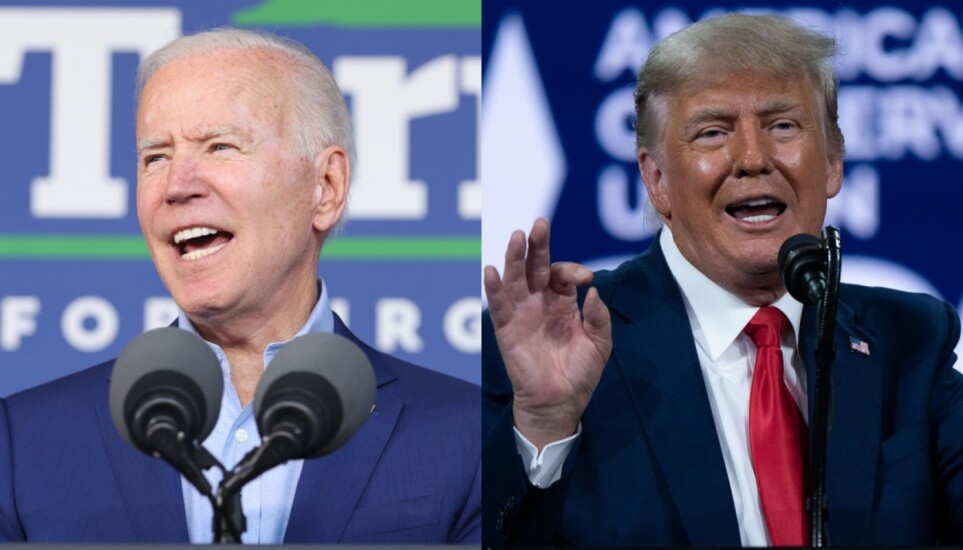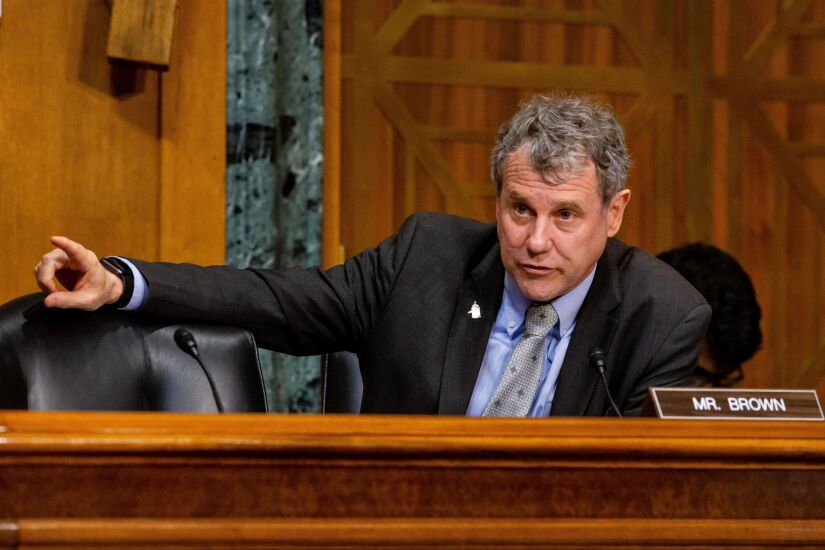
WASHINGTON — The 2024 elections are fast approaching, and the results could turn the tide in Washington when it comes to bank policy.
The presidential contest is the most consequential race next year, to be sure: The outcome could mean a new crop of regulators affecting financial policy across the board. But a number of key senators from the Banking Committee — or those with significant financial policy experience — are also going to be decided in next year's ballot.
Senate Banking Committee Chairman Sen. Sherrod Brown, D-Ohio, faces a difficult reelection campaign back home in an increasingly red state, and Sen. Jon Tester, D-Mont., similarly has to win in his rural western state, a test to how his moderate and independent attitudes on economic and banking issues will hold up.
Democrats in banking have a little more to look forward to in California, where Rep. Katie Porter — a financial protection academic and protege of Senator Elizabeth Warren, D-Mass. — is an early favorite to fill the seat left by the late Sen. Dianne Feinstein.
Here's four important races for bankers to keep tabs on this election season:









